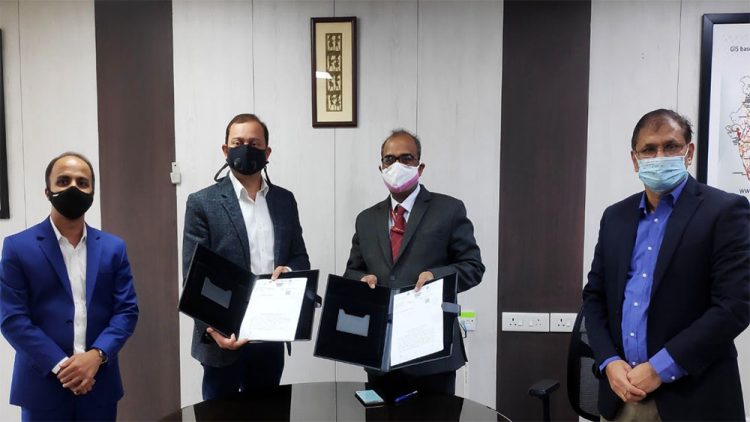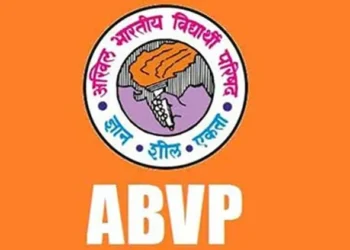The Ministry of Electronics and Information Technology (MeitY) in India will establish a Quantum Computing Applications Lab in the country, in collaboration with AWS, to accelerate quantum computing-led research and development and enable new scientific discoveries.
This Lab will provide quantum computing as a service to government ministries and departments, researchers, scientists, academia, and developers, to enable advances in areas such as manufacturing, healthcare, agriculture, and aerospace engineering. AWS will provide hosting with technical and programmatic support for the Lab.
Quantum computing is an emerging field that harnesses the laws of quantum mechanics to build powerful tools to process information. It has the potential to solve computational problems that are beyond the reach of classical computers, and lead to new breakthroughs that can transform chemical engineering, material science, drug discovery, financial portfolio optimization, machine learning, and much more.
The MeitY Quantum Computing Applications Lab will identify quantum computing problem statements for experimentation from among Central and State Governments, Research Institutions, and Academia. It will work with subject matter experts from the government sector to define the problem statements, and make them public, inviting applications from researchers, academia, and organizations to address them.
The Lab will then provide select applicants with access to quantum computing hardware, simulators, and programming tools, on-demand and at no cost, via Amazon Braket, that enables scientists and developers to build algorithms, conduct advanced simulations, and run experiments. Amazon Braket provides a development environment to enable users to explore and design quantum algorithms, test and troubleshoot them on simulated quantum computers, and run them on different quantum hardware technologies.
The MeitY Quantum Computing Applications Lab will help government bodies and the scientific community to identify problems and opportunities rapidly, and test real-world challenges through experiments and prototypes in a low risk environment. Outcomes from these experiments will help researchers evolve the problem statements, proof-of-concepts, and prototypes that will lead to the development of new applications, models, and frameworks in quantum computing.












